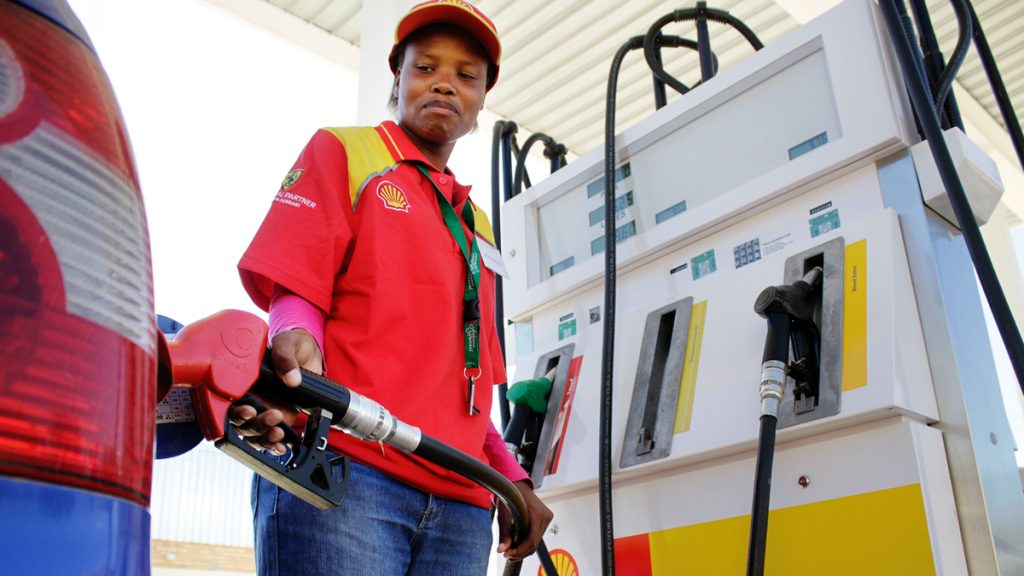BAKANG TIRO
editors@thepatriot.co.bw
The central bank – Bank of Botswana (BoB) – has on its latest Business Expectations Survey (BES) noted that local businesses are expecting the cost pressures to rise immensely in the second quarter of 2022.
According to the bank, firms should expect cost pressures to continue rising in the second quarter of 2022, mainly attributable to the significant increase in input costs, especially fuel prices increases.
“The firms’ expectations about domestic inflation were higher than the 3 – 6 percent objective range in 2022 and 2023 Inflation expectations ranged between 2.3 percent and 20 percent (averaging 8.5 percent, up from 8.3 percent in the last survey) for 2022 and between 2.5 percent and 15 percent (averaging 7.9 percent, up from 7.5 percent in the previous survey) for 2023,” said the bank.
Economics Lecturer at Ba Isago University Dr Lovemore Taonezvi said on a general basis, increases in the production costs of businesses would add more devastation to the consumers.
According to him, the costs are passed on to consumers in the form of prices increase, hence inflation.
“Most of the cost pressures that confronted business in the second quarter of 2022 was emanating from two sources, namely high fuel prices as it is caused by the geopolitical crisis in the Eastern Europe and the country’s uncertain COVID-19 profile. Going into Q3 of 2022, some unanticipated significant changes have transpired and these will most likely reduce cost pressures and prices as well,” he said.
Dr Taonezvi said global oil prices are decelerating on the backdrop of a possible global recession.
“Already, South Africa reduced fuel prices in the beginning of this month and expectations are very high for a further cut in September. The positive economic effects of the fuel prices reduction in South Africa will spillover to Botswana considering the strong trade linkages between the two countries,” he added.
The Ba Isago University economist added “This will mostly lead to reduced production costs and will exert a downward pressure on inflation. Secondly, the recent interventions by the Government, that is, the reduction of VAT from 14% to 12% and the zero-rating of cooking oil and liquefied petroleum gas will also simultaneously reduce cost pressures and dampen inflation”.
Furthermore, Dr Taonezvi has indicated that the recent relaxation of COVID-19 containment measures by the Government of Botswana will further help reduce the costs of doing business.
“Therefore, I really do not see the significant price increases in Q3 and Q4 of 2022. I actually expect inflation to slow down during these two periods,” said Dr Taonezvi in an interview this week.
Influencing factors
Meanwhile BoB said there are factors affecting business conditions in the Second Quarter of 2022. There was a view by companies in the Construction, Manufacturing and Mining and Quarrying sectors that the Rand/Pula exchange rate was unfavorable and therefore costly to doing business in instances where the Pula weakened against the South African Rand. The view was predicated on the fact that these companies source most of their raw materials from South Africa,” said the central bank.
BoB said the other most commonly cited impediments to operations were shortage of raw materials (manufacturing), weak domestic demand and a slow growth in government spending.
On a positive note, BoB survey has found out that adequate water and electricity supply, favourable political climate, international demand and an effective regulatory framework were viewed as the supportive factors to doing business in Botswana in the second quarter of 2022.
“Overall, the firms were pessimistic about business conditions in the second quarter of 2022 compared to the previous quarter. However, they anticipate improvement in business conditions in the third quarter of 2022 and the twelve-month period to June 2023. They expect the economy to grow by 3.8 percent in 2022, even as they have elevated inflationary expectations,” the bank buttressed.
